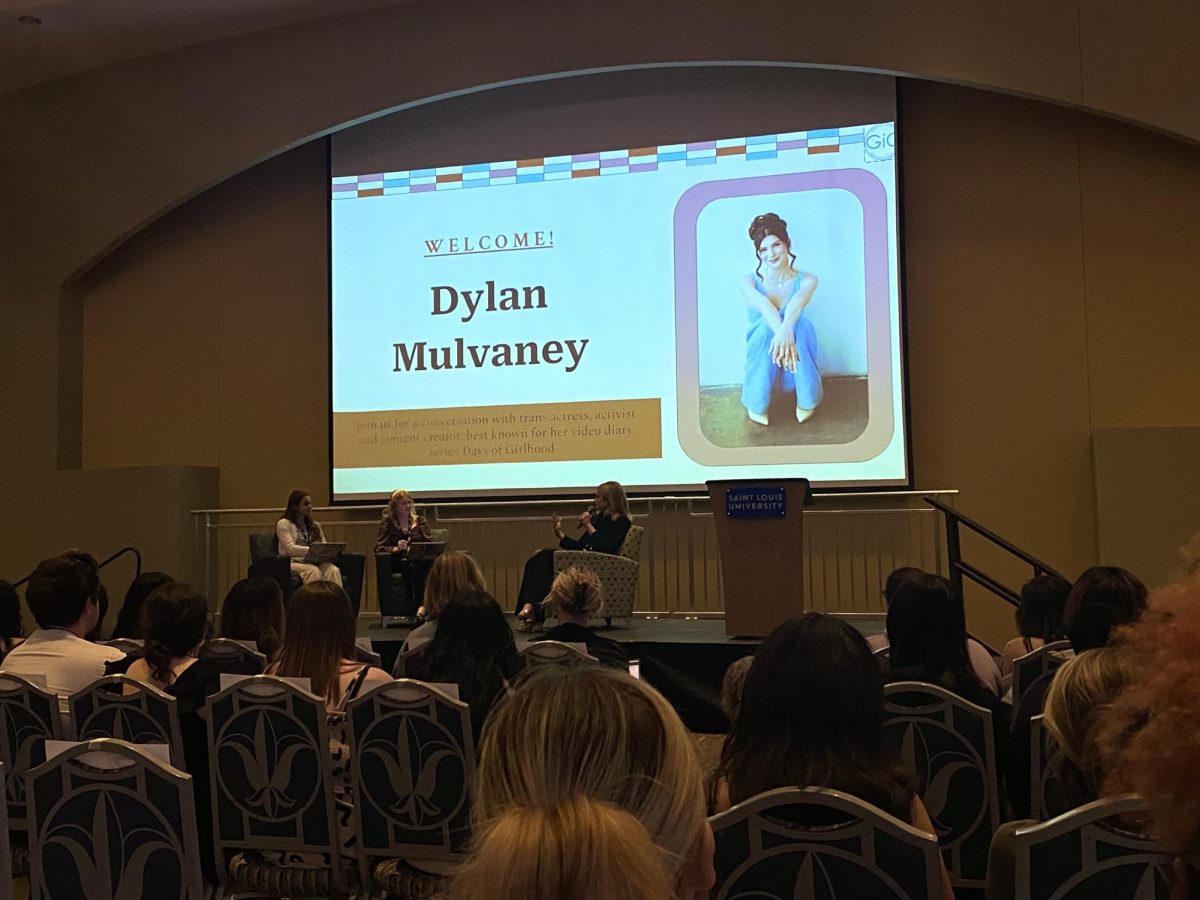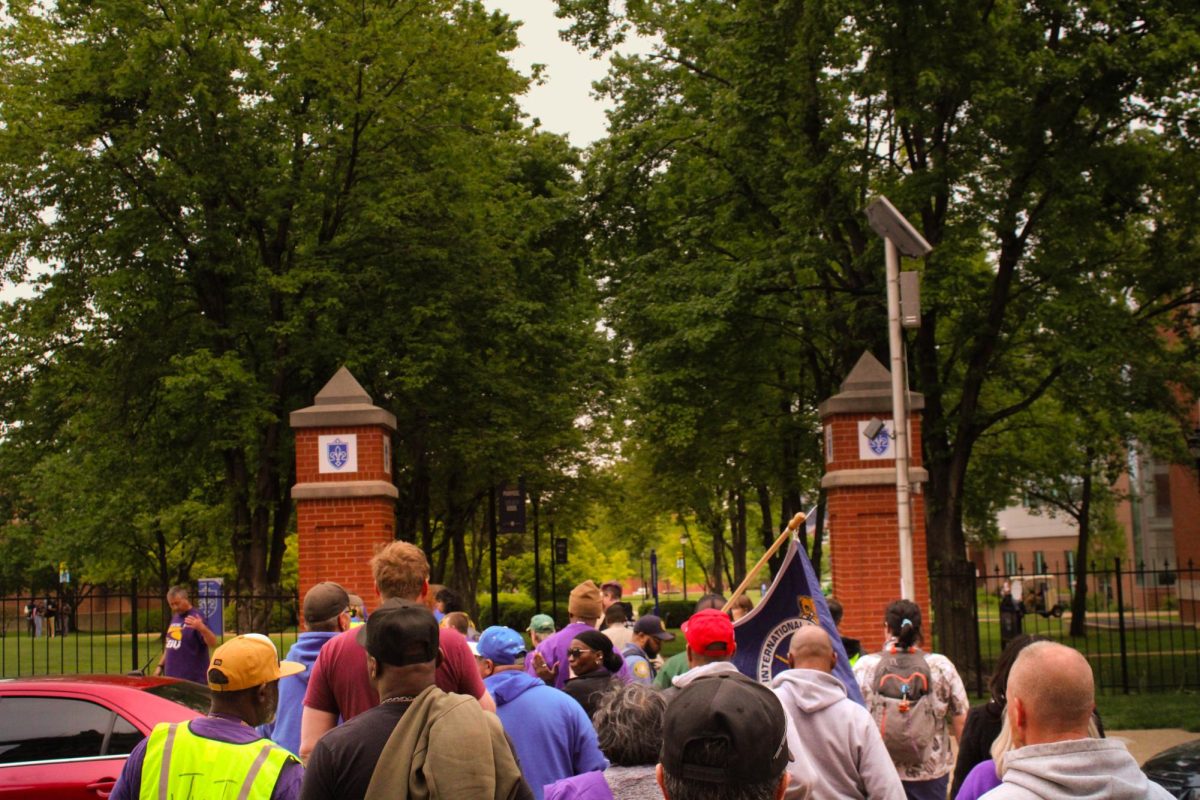(U-WIRE) ST. LOUIS-Residential Technology Services at Washington University-St. Louis recently limited the amount of bandwidth allocated to sharing programs such as Napster through a filter system that is now in place.
The filter will allocate nearly unlimited bandwidth to “mission critical network traffic,” and allow a smaller piece of the network to be used for “non-mission critical applications,” including Napster and others, said Associate Director of Network Engineering and Operations Steve Weise.
According to Matt Arthur, associate director at the Office of Residential Computing, “The main point of all this is to take a network that was starting to be overwhelmed with traffic and find a way to prioritize that traffic.”
This follows last spring’s statement from WU administrators that it is not their responsibility to monitor, control or interpret legality of students’ music collections.
Although the technology is available, WU administrators have decided not to ban Napster.
“We don’t want to censor anything. We don’t want to ban people from using it, but we have to manage the bandwidth that we have,” said Weise.
“[The filter] limits access to our network for protocols that are outside the normal usage,” said Arthur.
So far, the filter has cut bandwidth traffic to and from residence halls almost in half. The filter is still being tested, however, and has been periodically taken off for repairs. While the filter was online, it hasn’t received any complaints.
Last spring, the bandwidth allocated to WU was nearing 75 percent full, which, according to Weise, slowed down other network connections. Bandwidth use since the winter, when many students began using Napster, nearly doubled prior to the filter.
In late February, WU administrators banned access to Napster for four days, citing that 20 percent of the university’s bandwidth was used for trading. Napster access was re-opened soon thereafter, and the bandwidth consumption seemed to subside.
The move was followed by a lengthy e-mail to students outlining Residential Technology’s regulations regarding copyrighted and illegal materials on the WU network. Whether a similar e-mail will be sent this year depends on how the filter works and how widespread Napster use becomes among students.
On April 27, Metallica sued MP3 trading software company Napster, accusing it of copyright infringement and violating the Racketeer Influenced and Corrupt Organizations Act (RICO). The lawsuit was in addition to the lawsuit already in progress since early December, filed against Napster by the Recording Industry Association of America (RIAA).
Drummer and band spokesman Lars Ulrich wrote on the band’s website that “it is sickening to know that our art is being traded like a commodity rather than the art that it is.” The band sued for $100,000 for each piece of work traded plus $10 million in damages.
In addition to suing Napster, Metallica sued the University of Southern California, Indiana University and Yale University for permitting students to illegally trade mp3’s through their network using Napster. The suits against all three universities were soon dropped when they agreed to ban the use of Napster. Other universities, including Northwestern University, Harvard University and Boston University, have also banned the use of Napster last spring.
In addition to the lawsuits, Metallica presented the names of over 300,000 people who were known Napster users. Napster agreed to ban those people from using their software.
By mid-June, the RIAA requested an injunction against Napster, which would have effectively shut down the system until the trial was over. As part of the evidence against Napster, the recording industry released a survey of 3,218 college students that implied that Napster’s existence and use led to reduction in record sales.
Judge Marilyn Patel, who is presiding over the case, issued the injunction on July 26, which would have shut down Napster by midnight (PST) on July 28. During the hours leading to the “Judgement Day,” Napster use tripled nationwide. But during these same hours before the injunction went into effect, the decision was reversed, allowing Napster to stay in operation until the trial is over.






